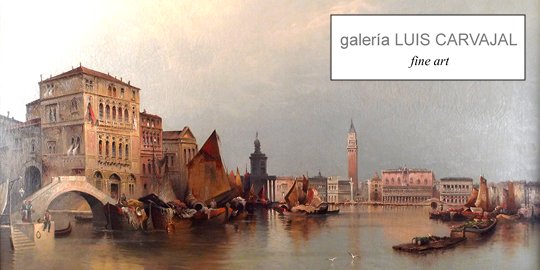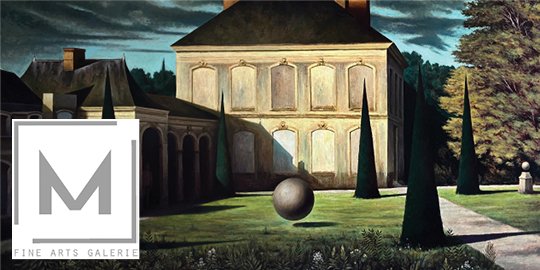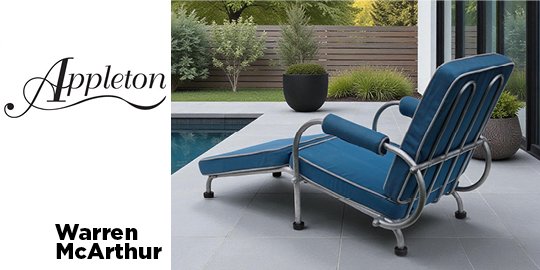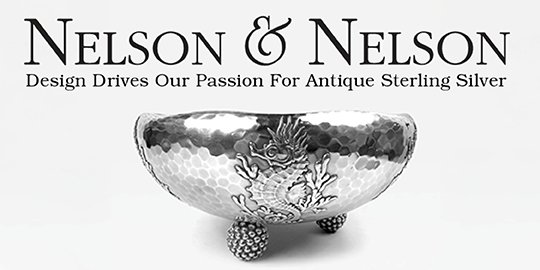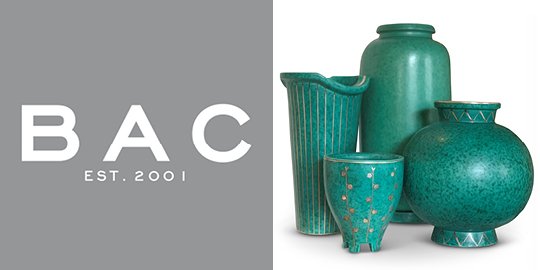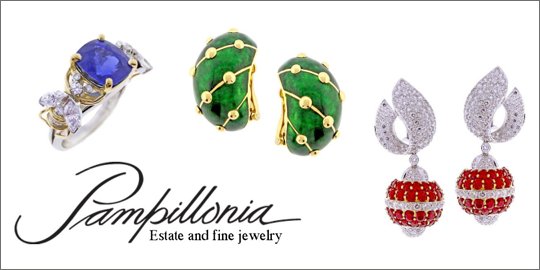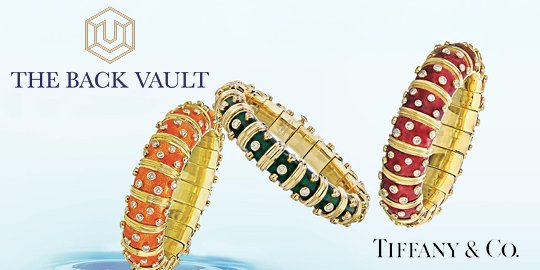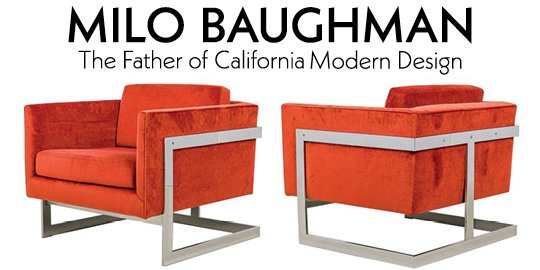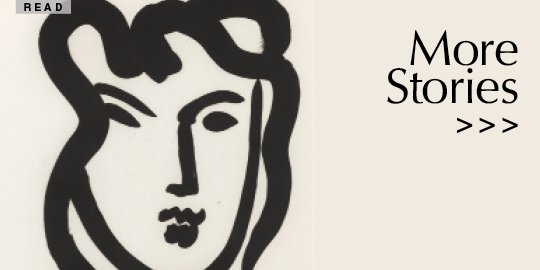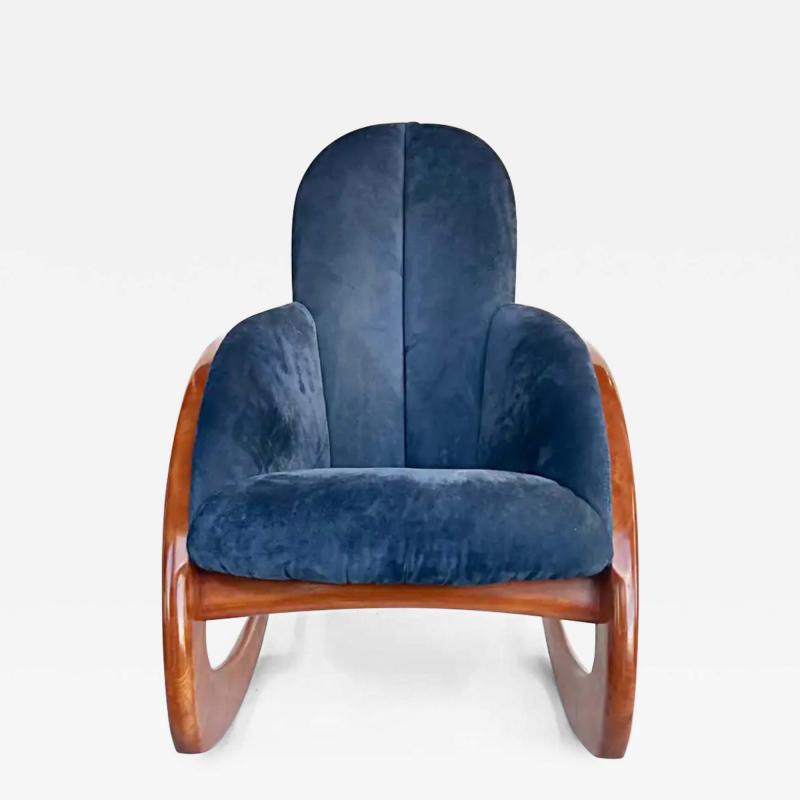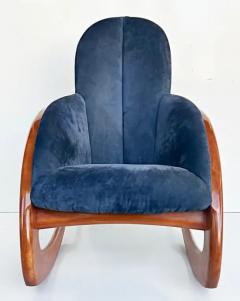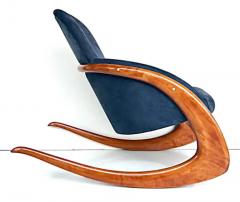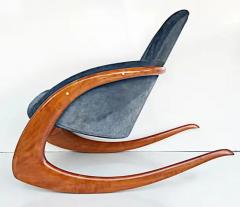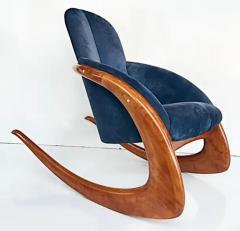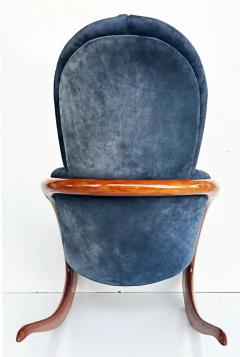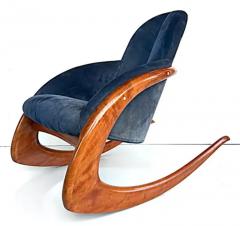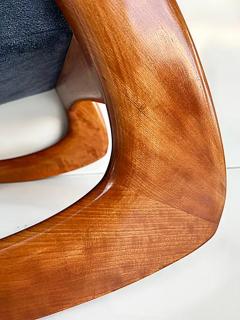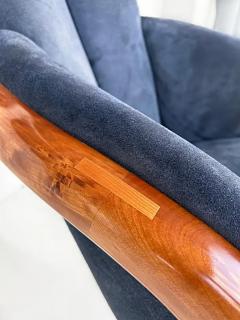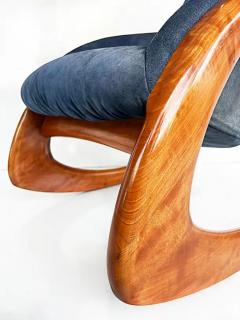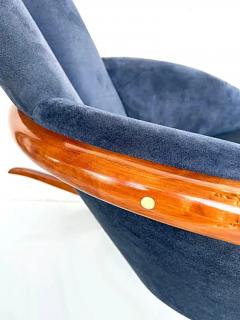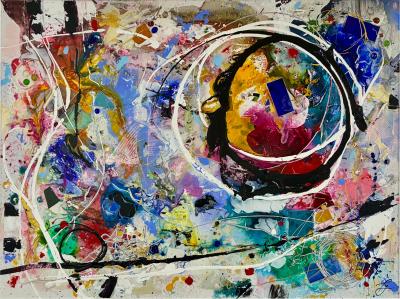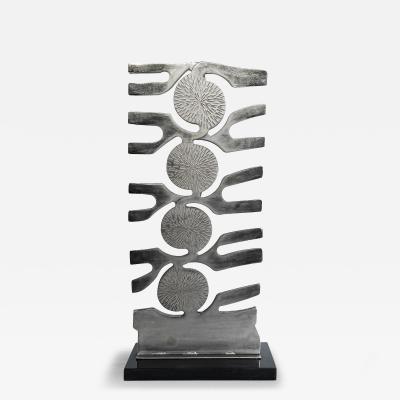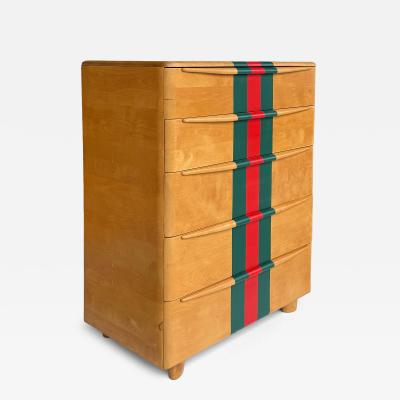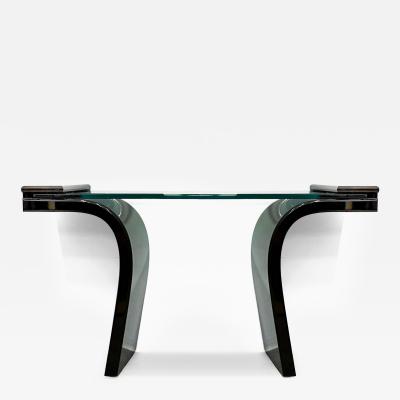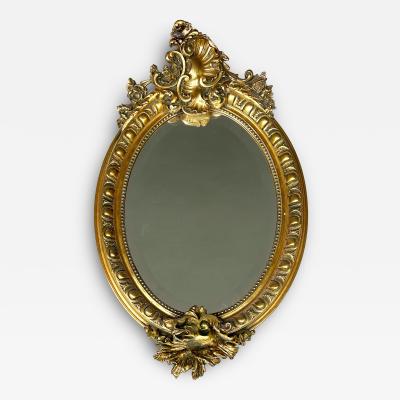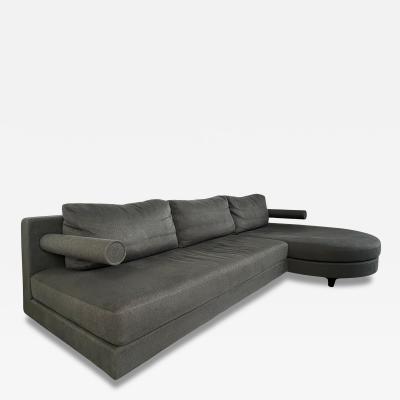-
FINE ART
-
FURNITURE & LIGHTING
-
NEW + CUSTOM
- FEATURED BESPOKE MAKERS
- Stephen Antonson
- Pieter Adam
- Nader Gammas
- Eben Blaney
- Silvio Mondino Studio
- Neal Aronowitz
- Mark Brazier-Jones
- Proisy Studio
- Ovature Studios
- Cartwright New York
- Thomas Pheasant Studio
- Lorin Silverman
- Chapter & Verse
- Reda Amalou
- KGBL
- AL Design Aymeric Lefort
- Atelier Purcell
- Pfeifer Studio
- Susan Fanfa Design
-
DECORATIVE ARTS
- JEWELRY
-
INTERIORS
- FEATURED PROJECTS
- East Shore, Seattle by Kylee Shintaffer Design
- Apartment in Claudio Coello, Madrid by L.A. Studio Interiorismo
- The Apthorp by 2Michaels
- Houston Mid-Century by Jamie Bush + Co.
- Sag Harbor by David Scott
- Park Avenue Aerie by William McIntosh Design
- Sculptural Modern by Kendell Wilkinson Design
- Noho Loft by Frampton Co
- Greenwich, CT by Mark Cunningham Inc
- West End Avenue by Mendelson Group
- VIEW ALL INTERIOR DESIGNERS
- INTERIOR DESIGN BOOKS YOU NEED TO KNOW
- Distinctly American: Houses and Interiors by Hendricks Churchill and A Mood, A Thought, A Feeling: Interiors by Young Huh
- Robert Stilin: New Work, The Refined Home: Sheldon Harte and Inside Palm Springs
- Torrey: Private Spaces: Great American Design and Marshall Watson’s Defining Elegance
- Ashe Leandro: Architecture + Interiors, David Kleinberg: Interiors, and The Living Room from The Design Leadership Network
- Cullman & Kravis: Interiors, Nicole Hollis: Artistry of Home, and Michael S. Smith, Classic by Design
- New books by Alyssa Kapito, Rees Roberts + Partners, Gil Schafer, and Bunny Williams: Life in the Garden
- Peter Pennoyer Architects: City | Country and Jed Johnson: Opulent Restraint
- An Adventurous Life: Global Interiors by Tom Stringer
- VIEW ALL INTERIOR DESIGN BOOKS
-
MAGAZINE
- FEATURED ARTICLES
- Northern Lights: Lighting the Scandinavian Way
- Milo Baughman: The Father of California Modern
- A Chandelier of Rare Provenance
- The Evergreen Allure of Gustavian Style
- Every Picture Tells a Story: Fine Art Photography
- Vive La France: Mid-Century French Design
- The Timeless Elegance of Barovier & Toso
- Paavo Tynell: The Art of Radical Simplicity
- The Magic of Mid-Century American Design
- Max Ingrand: The Power of Light and Control
- The Maverick Genius of Philip & Kelvin LaVerne
- 10 Pioneers of Modern Scandinavian Design
- The Untamed Genius of Paul Evans
- Pablo Picasso’s Enduring Legacy
- Karl Springer: Maximalist Minimalism
- All Articles
Offered by:
Iconic Design Gallery
8650 Biscayne Blvd., Suite 6
Miami, FL 33138 , United States
Call Seller
305.606.7757
Showrooms
Wendell Castle Crescent Moon Wood and Suede Rocking Chair
Sold
Sold
-
Tear Sheet Print
- BoardAdd to Board
-
-
Description
Wendell Castle crescent moon wood and suede rocking chair.
Offered for sale is a Wendell Castle ( 1932–2018) "Crescent Moon" wood and suede upholstered rocking chair. These chairs are prized and this one is in great condition showcasing "imaginative organic form, innovative techniques, and splendid craftsmanship."
Born in Emporia, Kansas in 1932, Castle was a gifted child who loved to draw. He received his formal training in the arts at the University of Kansas, where he graduated in 1961 with a B.F.A. in Industrial Design and a M.F.A. in Sculpture. In 1962, Castle moved to New York to teach furniture design at the Rochester Institute of Technology’s School for American Craftsmen (SAC). He worked there until 1969 and played a critical role in establishing SAC as one of the preeminent furniture programs in the country.
It was during his sculptural studies at the University of Kansas that Castle’s design vocabulary began to take shape. A creative disagreement with a professor made the artist ponder whether he could make a piece of functional furniture that would be accepted as art. This Challenge inspired him to create Stool Sculpture, his first work to blend form and function. Castle entered the piece in a juried art show at the Nelson-Atkins Museum in 1960 without mentioning that it was functional. It was accepted and exhibited as sculpture, establishing a “proof of concept” for Castle’s budding design philosophy. This particular piece of furniture cum art has since been included in six major exhibitions of Craft furniture.
While teaching in Rochester in the 1960s, Castle began to develop the stack lamination technique utilized in many of his most famous works. The process of stacking and adhering multiple layers of wood, then refining the mass with a chainsaw and chisel, freed Castle from the limitations of shape and scale in a single block of wood. It allowed him to create Large Scale pieces that again reshaped the possibilities of what furniture could be.
In 1967, Castle befriended New York City art dealer and gallery owner Lee Nordness. Nordness, with the financial backing of Samuel Johnson (patriarch of the Johnson Wax Co.), curated a touring exhibition of American Craft titled Objects: USA. This seminal 1968 exhibition featured 300+ works—Castle’s among them—and traveled to twenty U.S. cities and ten in Europe. It was the first time a furniture maker occupied the exclusive galleries and showrooms of the New York City art scene, and it helped establish Castle as the leading American maker of Craft furniture. Prestigious clients clamored for his designs. Steinway & Sons commissioned five pianos, starting with the opulently designed, commemorative 500,000th Steinway Piano in 1988.
Castle never ceased developing, inventing, and inspiring throughout his six-decade career. He held several academic appointments including opening his own school, the Wendell Castle School in Scottsville, New York (1980-1988). He also received numerous honors including grants from the National Endowment for the Arts on three separate occasions, the Visionaries of the American Craft Movement by the American Craft Museum (1994), an Outstanding Achievement Award from the National Association of Schools of Arts and Design, Los Angeles (2007) and a Lifetime of Achievement Award from the Brooklyn Museum (also 2007). And today, the art furniture of Wendell Castle can be found in the permanent collections of many prestigious museums including The Museum of Modern Art in New York, The Renwick Gallery of the Smithsonian American Art Museum in Washington D.C. and The Art Institute of Chicago to name only a few.
Wendell Castle consistently confronted the traditional limits of functional design with ingenuity and craftsmanship. Glenn Adamson, former Director of New York’s Museum of Art and Design, puts it simply and directly, “Wendell is the most important postwar American furniture designer by a long shot.”. -
More Information
Documentation: Documented elsewhere (similar item) Period: 1980-1999 Materials: Suede,Walnut Condition: Good. Refinished. Styles / Movements: Modern Incollect Reference #: 704393 -
Dimensions
W. 25.75 in; H. 34.25 in; D. 39.75 in; W. 65.41 cm; H. 87 cm; D. 100.97 cm; Seat H. 17 in; Seat H. 43.18 cm;
Message from Seller:
Iconic Design Gallery was established by Alberto Guerrero in 1991 and focuses on bringing to it's client's a wide variety of furniture, fine art, sculpture, lighting, decorative objects and hard to find pieces. We are the definitive source for interior designers in South Florida. We have a large inventory of eclectic pieces that we source around the world.
Sold
Sign In To View Price
close
You must Sign In to your account to view the price. If you don’t have an account, please Create an Account below.
More Listings from Iconic Design Gallery View all 795 listings
No Listings to show.
- Postmodern Architectural Trompe l'oeil Tessellated Stone Pedestal
- Contemporary Tyler Murphy Abstract Painting on Canvas
- Contemporary Italian Red Leather Love Seat, Metal Legs
- 1980s Vintage Forged Brutalist Abstract Stainless Sculpture, Style of Leo Amino
- Mid-century Heywood Wakefield Tall Maple Chest, Painted Stripes, 5 Drawer
- Vintage 1980s Two-Glaze Ceramic Table Lamps After Bitossi, Pair
- 1980s Italian Postmodern Lacquered Wood and Glass Console
- Vintage AMI Cashmere, Metal Lounge Chairs, Jonah Takagi, Hallgeir Homstvedt, Pr.
- Postmodern Vintage Upholstered Steel Dining Armchairs, Set of 4, USA
- 1950s Rosewood Headboard, Bertha Schaefer, Singer & Sons, Attributed, Restored
- Large Antique Louis XV Oval Giltwood Carved Beveled Mirror
- Vintage Antonio Citterio for B&B Italia "Sity" Sectional Sofa
- Vintage Drexel Heritage Chinoiserie Painted Cabinet, Faux Painted Stone Top
- Monumental Stainless Steel Butterfly Sculpture in Two Parts by Michael Gitter

